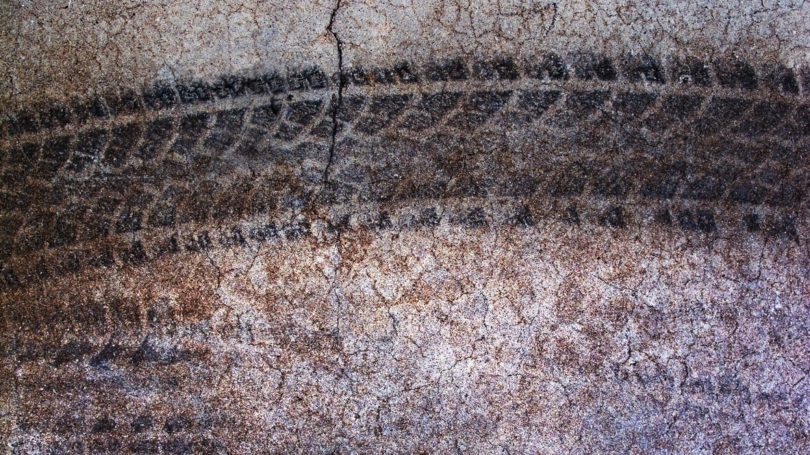My daughter enjoys taking pictures with her little red camera. Recently, we met a couple of famous authors at a book signing. As I walked away I quickly realized she was still chatting it up with them—Cami has the gift of gab and they were clearly charmed. She pulled out her red point-and-shoot, and they patiently posed for her. She took one picture and enthusiastically proclaimed, “Perfect!”
I’m often obsessed with perfection—demanding it of myself and desiring it of others. I understand it’s not attainable, but I just cannot abandon my pursuit of it, believing that reaching for it may eventually lead me to excellence someday. It can paralyze me at times, though, and keep me from completing projects. It affects people that I care about as I can often hold them to the same unrealistic standards I set for myself.
There is a concept in Japanese culture referred to as wabi-sabi. Vases in this style are made in irregular shapes and intentionally chipped on the bottom. Art created in this tradition is said to give the viewer greater meditative value by recognizing that perfection is unattainable.
Wabi-sabi is a marvelous example of how an artistic aesthetic can help us acquire wisdom.
There are limitations that are out of our control. Limitations in materials, perhaps, or resources, but most of the limitations are within our own flawed selves.
Imperfection gives us texture. It is the patina on the surface that alludes to our depth. It needs to not just be accepted, but appreciated. I’m not perfect, and nothing I ever do will be perfect. I’m flawed, and nothing I do will be without that reality. I’ve been scuffed up by life from the moment I took my first breath. The lines on my face and my eccentricities are the evidence. The world is my wabi-sabi artisan chipping out my imperfections. This is happening to you, too. Don’t you love it, though? You should. It’s beautiful.
You see, there are always going to be things we do that get botched, bruised or flubbed up. But occasionally, we’ll surprise ourselves with excellence. I look at my daughter and realize she is the most impeccable part of my life. But she is not perfect, and I should not expect that of her. When Cami refers to perfection, it’s not because something is flawless. It’s when she’s done something that makes her happy. And that is perfectly fine.


